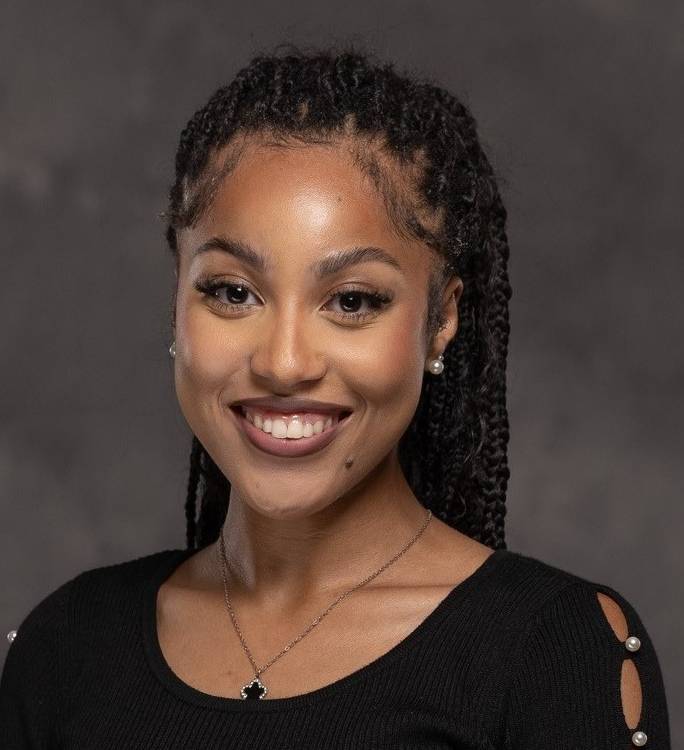For the past 18 years, since my retirement as a superintendent of schools and college president, I worship on a rotating basis at five different churches in Daytona Beach (Fla.) for my community involvement.
I was baptized in 1953 at Ebenezer Missionary Baptist Church in Memphis, Tenn. God has been my spiritual guiding force daily. As a public servant, community leader and career educator, my life’s work has been to serve, to give, to support and to mentor our young people.
WHAT HAPPENED?
Sunday is still the most segregated day of the week. We African Americans were forced to create our own religious institutions and our Historically Black Colleges and Universities (HBCUs) because Whites refused to accept or allow Blacks to attend their churches and colleges.
Hundreds of years later, I ask the question, “What happened to our Black churches and HBCUs?”
My generation gave up most of the gains, sacrifices and struggles that our ancestors made to educate us and gave us a place to worship and to be liberated and educated as human beings.
In the past, many Black churches and HBCUs were open seven days a week. This was when they were a viable part of the daily life of the Black community. Today, many Black churches are only open three or four days a week. Our HBCUs close their doors on Friday and open back up on Monday.

There is a huge disconnect between my generation and two to three generations of young people. As a result, the survival of our Black churches and HBCUs is at a crisis stage. African Americans have retrogressed on every front: education, religion, politics, economics; not respecting our elders, not knowing and appreciating our history.



